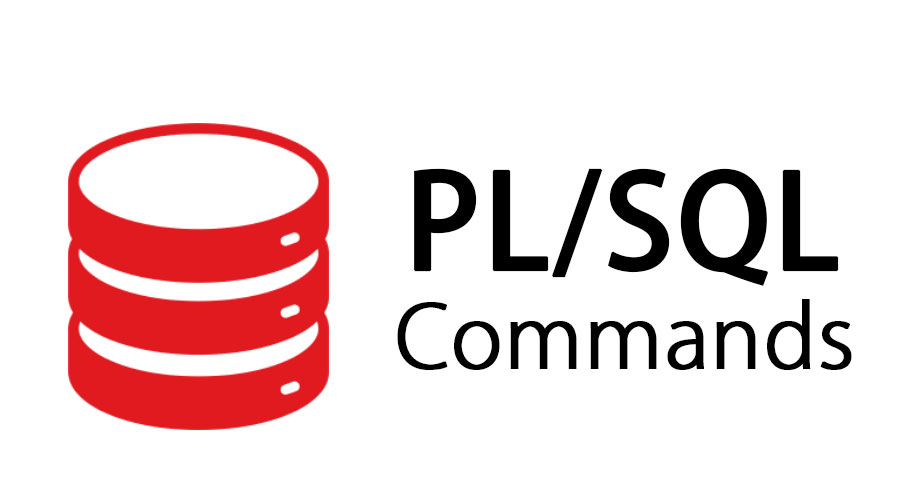Difference Between SQL And PLSQL
SQL And PLSQL
As we all know Database plays major role in every business ecosystem to handle critical data and provide instant access for business. Literally every organization you step in would be in need of handling their data efficiently. This in turn promotes the seamless data flow of the company which increases the demand for database developer roles in IT industry. Learning on demand databases can play the key role for any one who aspire to get into IT jobs. It is easy to learn, adapt, grow your career significantly at multiple levels. Giving you the quick difference between SQL Vs PL SQL as this will help you understand the pros and cons of it in detail.
About SQL
SQL is the structured query language employes in managing the database efficiently via commands. DML and DDL are the two critical commands in SQL that cover different operations to derive the targeted outputs for the users.
About PL SQL
PLSQL is the extended version of SQL developed by Oracle. It is procedural function to display the results executed by SQL. In short, it is the extension of SQL and supports the execution of multiple procedures, triggers, and functions. The excellent data recovery function has examine one of the most sought-after tools in the industry.
The act of retrieving data from a Database Management System (DBMS), such as ODBMS, is known as Data Retrieval. Since there is no uncertainty in the data, it is assumed that it is structured in this instance. The user enters a set of requirements by way of a query in order to obtain the needed data.
Source: https://en.wikipedia.org/
Let us look into the key differences between both languages for better visibility of their pros and cons.
Difference Between SQL And PLSQL
| S.No | Comparison Point | SQL | PLSQL |
| 1 | Definition | It is a Structured Query language for fetching information using queries. | It is a procedural language used to handle the queries executed by SQL in an enhanced manner. |
| 2. | Commands | DDL and DML are the two major commands covered under SQL. Queries are written using DDL commands like create, alter, drop, and truncate. The DML commands for queries include select, update, and delete. | PLSQL is known for queries and covers more orders and primary functions. |
| 3. | Execution and Operation | SQL is capable of executing a single query only at a time. | PLSQL is skilful in running multiple operations at once. This in turn tends to reduce the network traffic of the website. |
| 4. | Speed | The speed of SQL is relatively slow while fetching bulk data. | The processing speed of PLSQL is brilliant with heavy data. |
| 5. | Objective | SQL aims at writing queries for fetching information from the database. | The goal of PLSQL is to run triggers, packages, and big blocks of code. |
| 6. | Appending | SQL statements can be appended within PLSQL declarations. | PLSQL Codes cannot be inserted among the SQL code. |
| 7. | Usage | SQL is adapted in companies that involve bulk data for saving and retrieving customer data. It is also the best back-end tool for storing website data. The main application is on web servers and works as a great integration tool with PHP. SQL is useful in generating reports based on the statistical information present on any website. | PLSQL executes logical statements in collaboration with PHP and JAVA languages. It extends support for web apps and server pages. |

Pros Of SQL
- SQL does not demand coding skills as the code inputs are less.
- Execution of queries is super fast with simple queries like select, update, and delete.
- Simple language and easy to grasp.
- Results are obtained in a very short time by executing queries.
- SQL targets a larger crowd with its speedy data-retrieving feature.
- Shares a direct connection with the database.
Pros Of PLSQL
- PLSQL is used for code blocks and codes can be reused.
- The processing capability of this language is fast with bulk statement running.
- Error handling is brilliantly handle by PLSQL.
- Enhanced scalability and portability.
- The enhanced performance reduces network traffic.
- Streamlined language that can handle blocks of code effortlessly back to back.
- Flexible and most productive language with easy-to-apply tags.
- Conditional loops and iterations of code are feasible in PLSQL.
Conclusion
Both SQL and PLSQL have their own advantages and disadvantages and are equally in-demand languages in the market. Infycle is a pioneer in providing the best industrial training for young aspirants which is why many corporates look up to it as the trusted source for finding potential people. Enroll yourself in the Oracle training at Infycle that concentrates on advanced database languages to become a pro in the industry.
We ensure that we cater the best knowledge to the students so that they can master the technology like no other by providing the needed practical hands-on training. Located in the heart of Chennai city, this training academy aims to train unique talents with the right expertise needed to compete in the competitive market. All syllabi are planned in advance by our tutors and presented to management in the form of slides to ensure that all important concepts are covered.
Transform your talents into reality by availing of the courses at Infycle technologies which is the most-trusted centre to learn and grow. Login to the website to see testimonials and have an insight into our training methodology before we onboard you.





